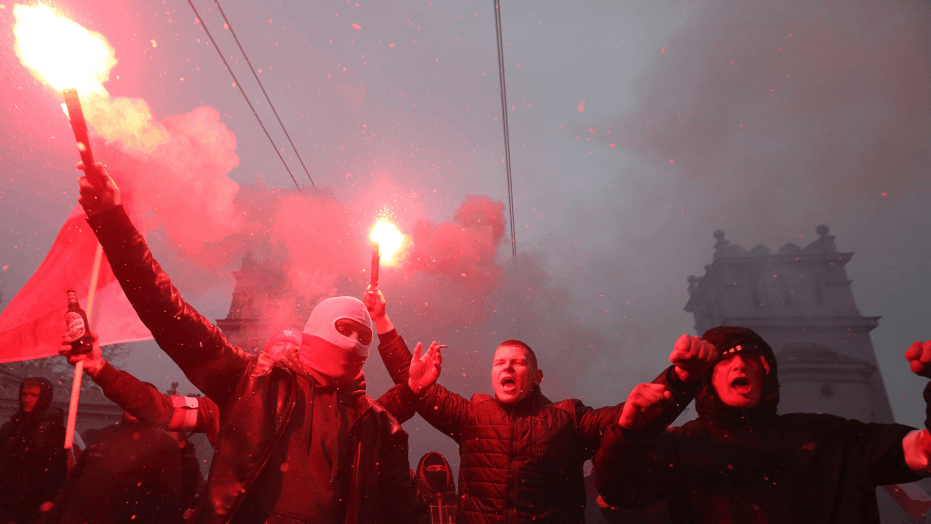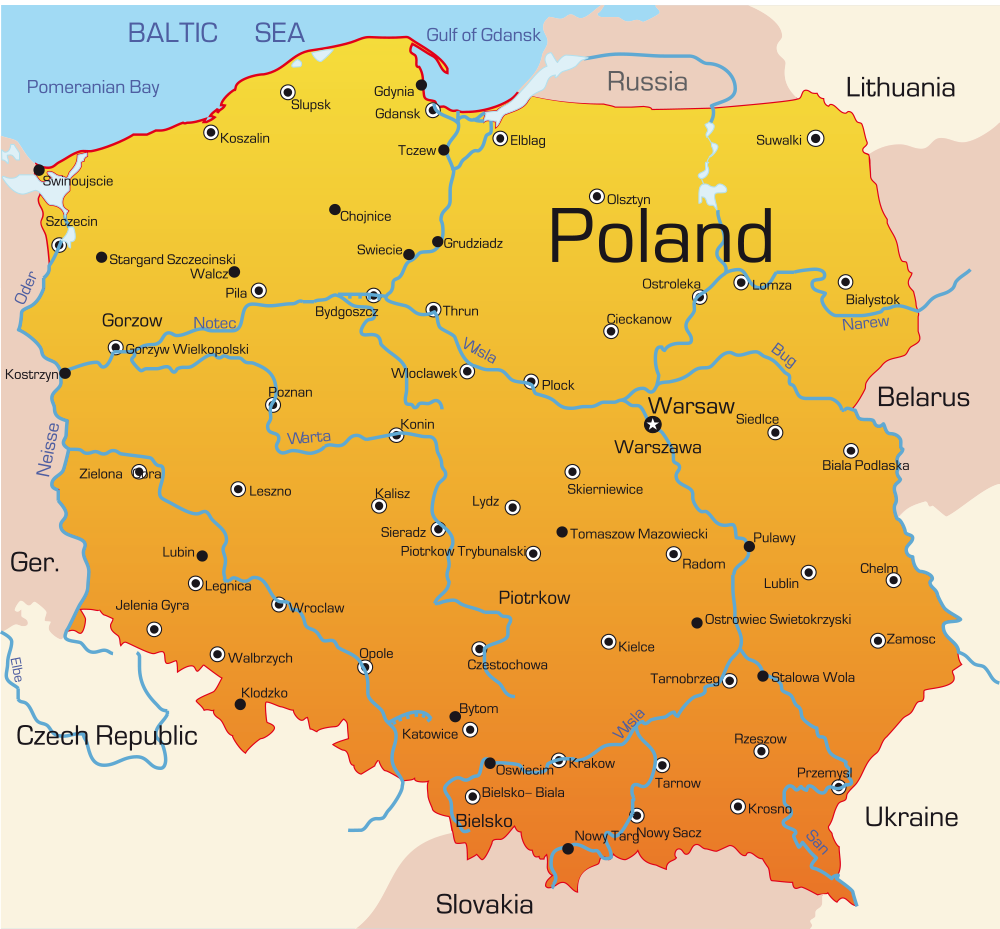EU to rebuke Poland
December 30, 2017 | Expert Insights

In a rare move, the European Union is widely expected to use Article 7 to punish Poland. The extraordinary step comes as Polish government has backed reforms that are said to be a threat to the independence of the country’s judiciary.
The Polish government and the EU have had a tense relationship as the former has been highly critical of EU’s migration policies.
Background
Poland can trace its roots back over 1,000 years. Positioned at the centre of Europe, it has known turbulent and violent times. During World War II, several million people, half of them Jews died. In 2004, Poland became an EU member. It is also a member of the Nato. For many years prior to joining the EU, the nation was under communist rule.
A country known for its protectionist tendencies, Poland has refused to take in refugees, with officials claiming that people of Muslim background are a threat to security. Fewer than 1 percent of the Polish population is Muslim.
The occupation of Poland by Nazi Germany and the Soviet Union during the Second World War (1939–1945) began with the German-Soviet invasion of Poland in September 1939, and it was formally concluded with the defeat of Germany by the Allies in May 1945. During that period, it was home to the dreaded Auschwitz concentration camp. This was a network of German Nazi concentration camps and extermination camps built and operated by Nazi Germany in annexed Polish areas during World War II.
The European Union (EU) is a political and economic union of 28 member states that are located primarily in Europe. Poland is one of the member states.
Analysis

Beata Szydlo, Poland’s current prime minister, leads the right-wing populist Law and Justice party. Szydlo has often been at odds with the EU. The current administration has been highly critical of taking in refugees especially those from Muslim nations. Earlier this year, she even appeared to use a commemorative speech at the Nazi death camp to defend her anti-EU stance on refugees. She said, “In our troubled times, Auschwitz is a great lesson that everything must be done to defend the safety and the lives of citizens.” This was heavily criticized at the time.
On November 11, 2017, Poland, on a day when it celebrates its Independence Day also witnessed a highly charged right-wing rally. White supremacist Richard Spencer had even been slated to attend the event. However, perhaps due to pressure from the Polish government, his name was dropped from the rally. The chairman of the Independence March association, Robert Bakiewicz, said that the protesters wanted to confront atheist Europe and respond to the "invasion of immigrants".
In November 2017, in a rare move, the European Parliament voted, 438 to 152, to adopt a resolution to begin the first stage in a lengthy process to invoke Article 7. This allows the bloc to punish member nations who violate its democratic and human rights standards.
Now it appears, that the EU might initiate a process that will deny Poland its voting rights within the EU. This extraordinary step was taken this month as the Polish government has backed rules that would force out some two-fifths of Supreme Court justices and give politicians more sway over a council that decides on court appointments. If signed into law by President Andrzej Duda, the rules would put at serious risk the independence of “all parts of the Polish judiciary,” according to the Venice Commission.
The European Commission, the EU’s executive arm, started investigating violations of the rule of law in Poland in January 2016. The EU is now expected to discipline Poland using Article 7.
Guy Verhofstadt, a former Belgian prime minister, and now leader of the liberal group in the European parliament, said: “Democracy is being dismantled in Poland. Now is the time to act. The EU must make a stand against the rule of law backsliding being implemented by the PiS government, which is totally contrary to the values of the European Union. This isn’t about punishing the people of Poland, who deserve better from their government.”
Assessment
Our assessment is that clearly the European Union views the current right-wing populist government of Poland as a threat to its values. As right-wing nationalism grows, there are fears also on the rise of fascism, racism and bigotry in the region. As the government moves to accumulate more power, it is likely this sentiment could be further fostered and developed.








Comments